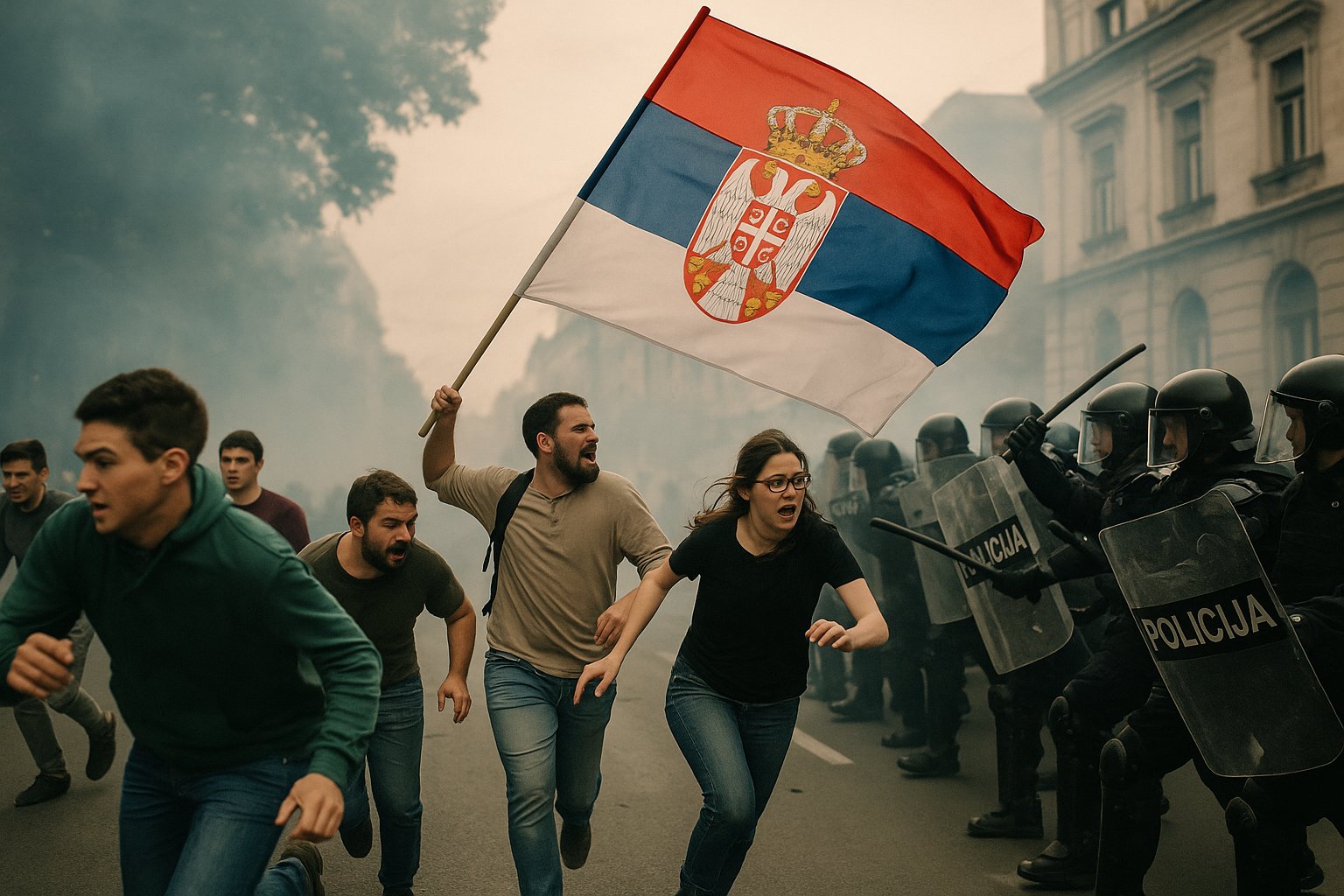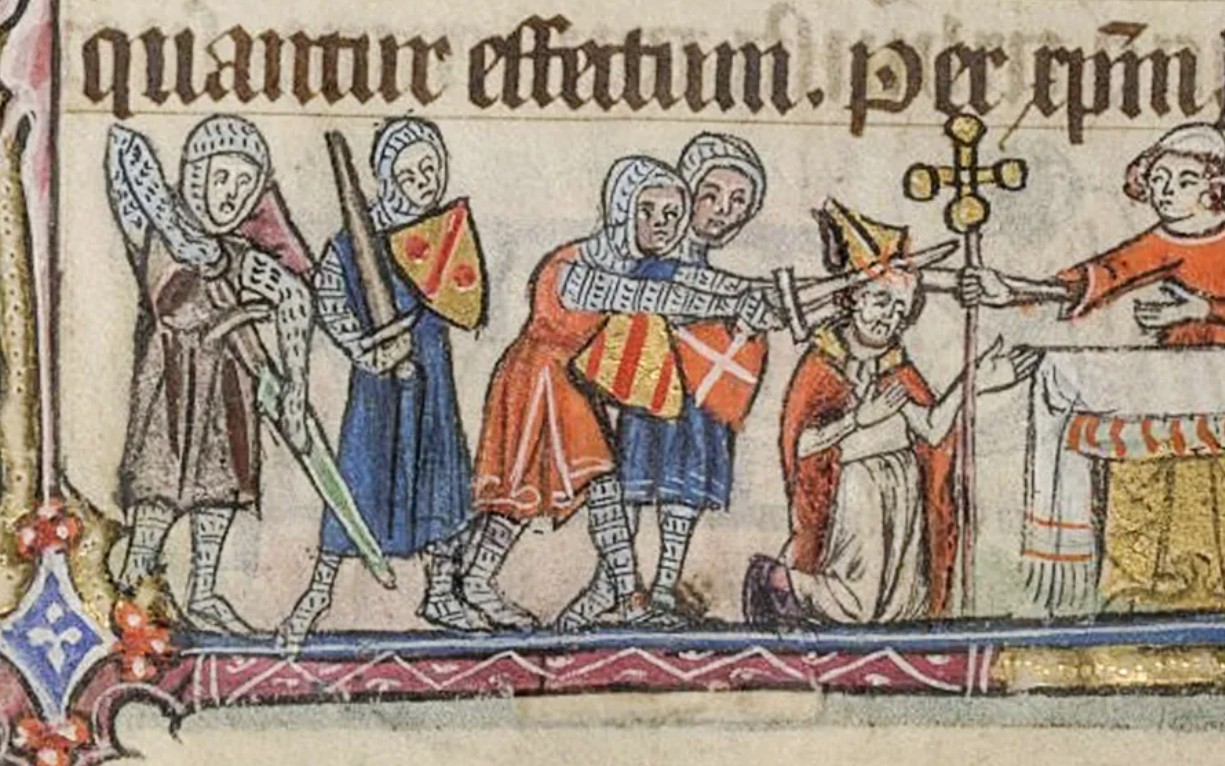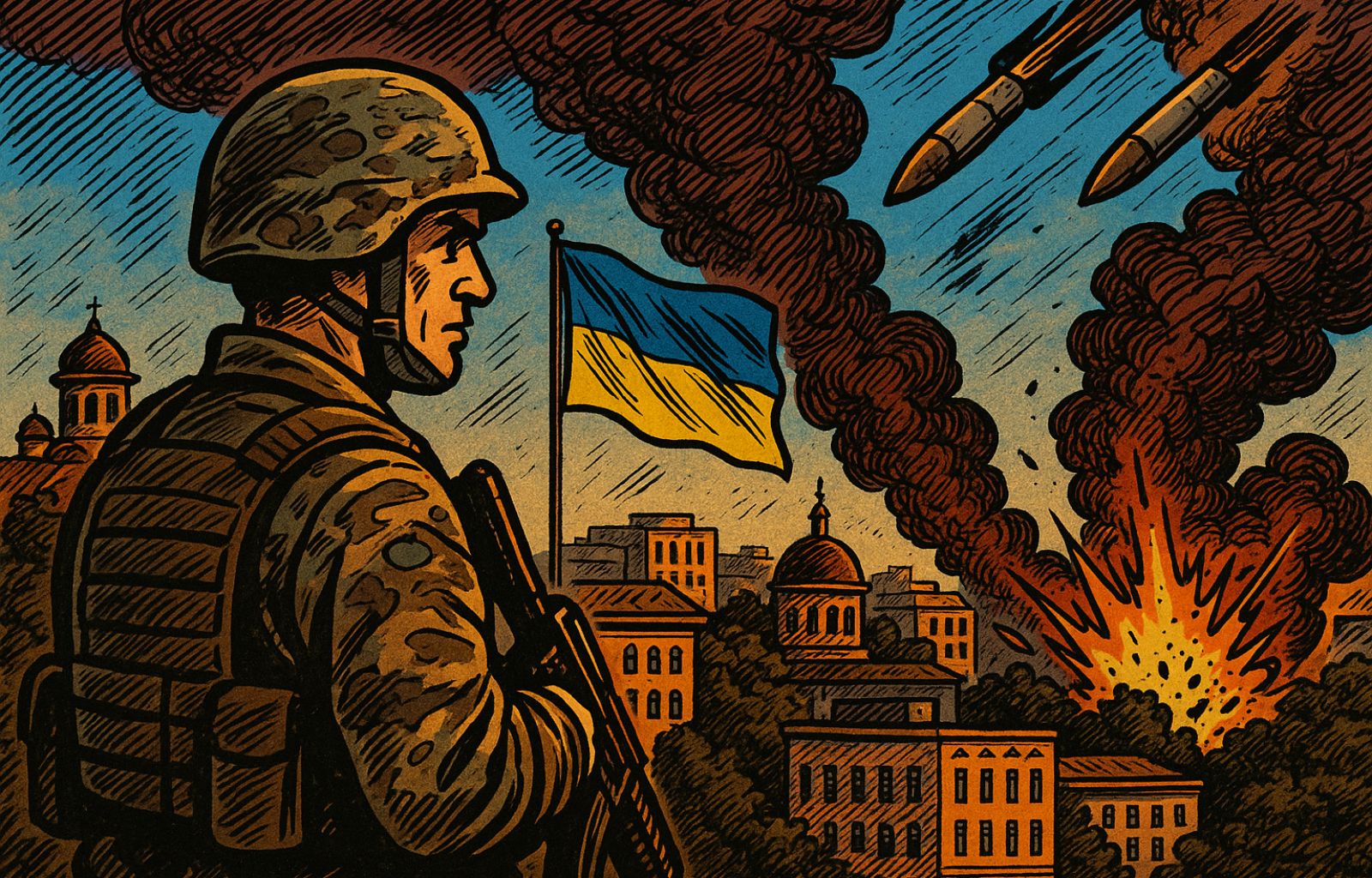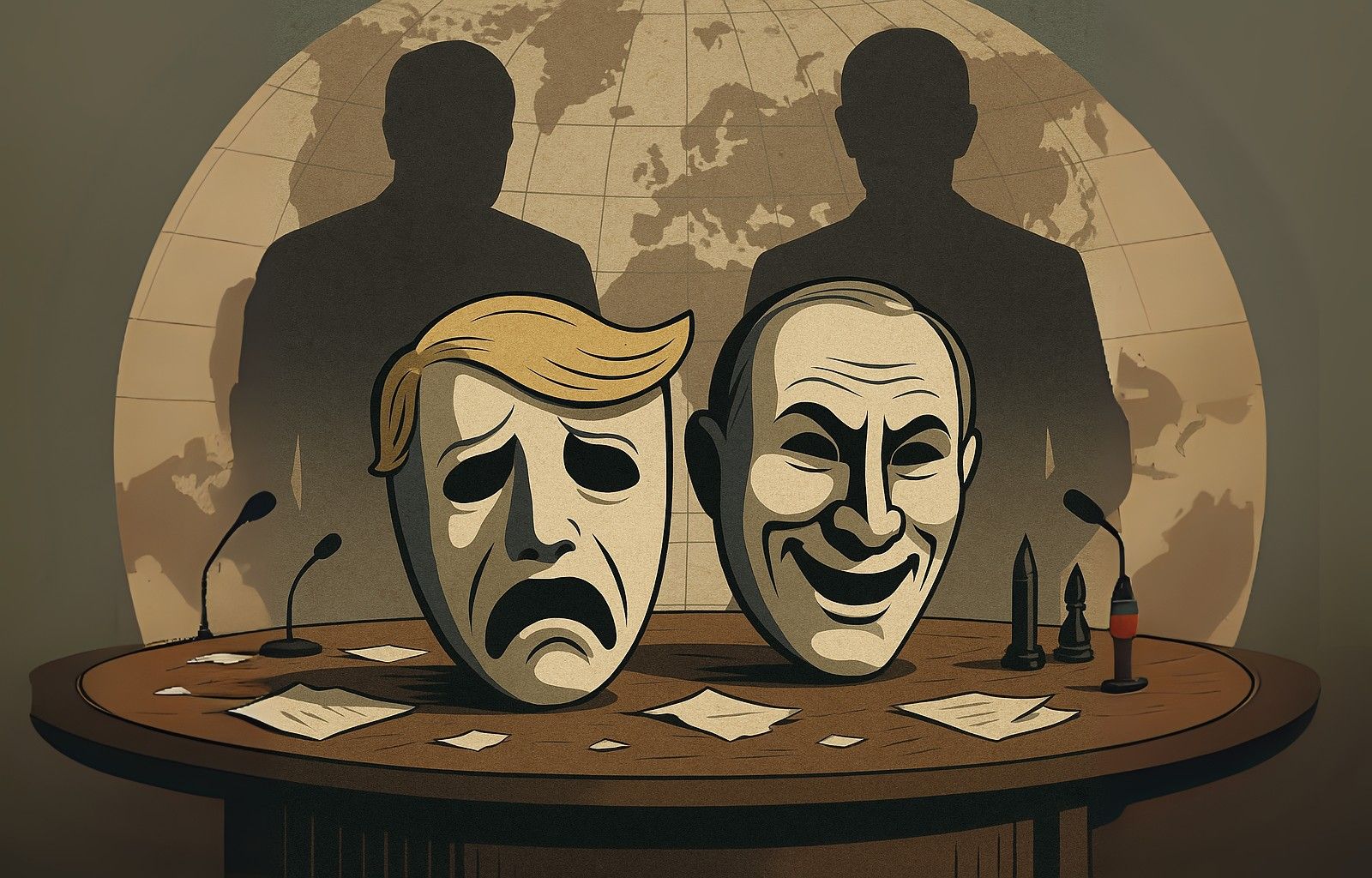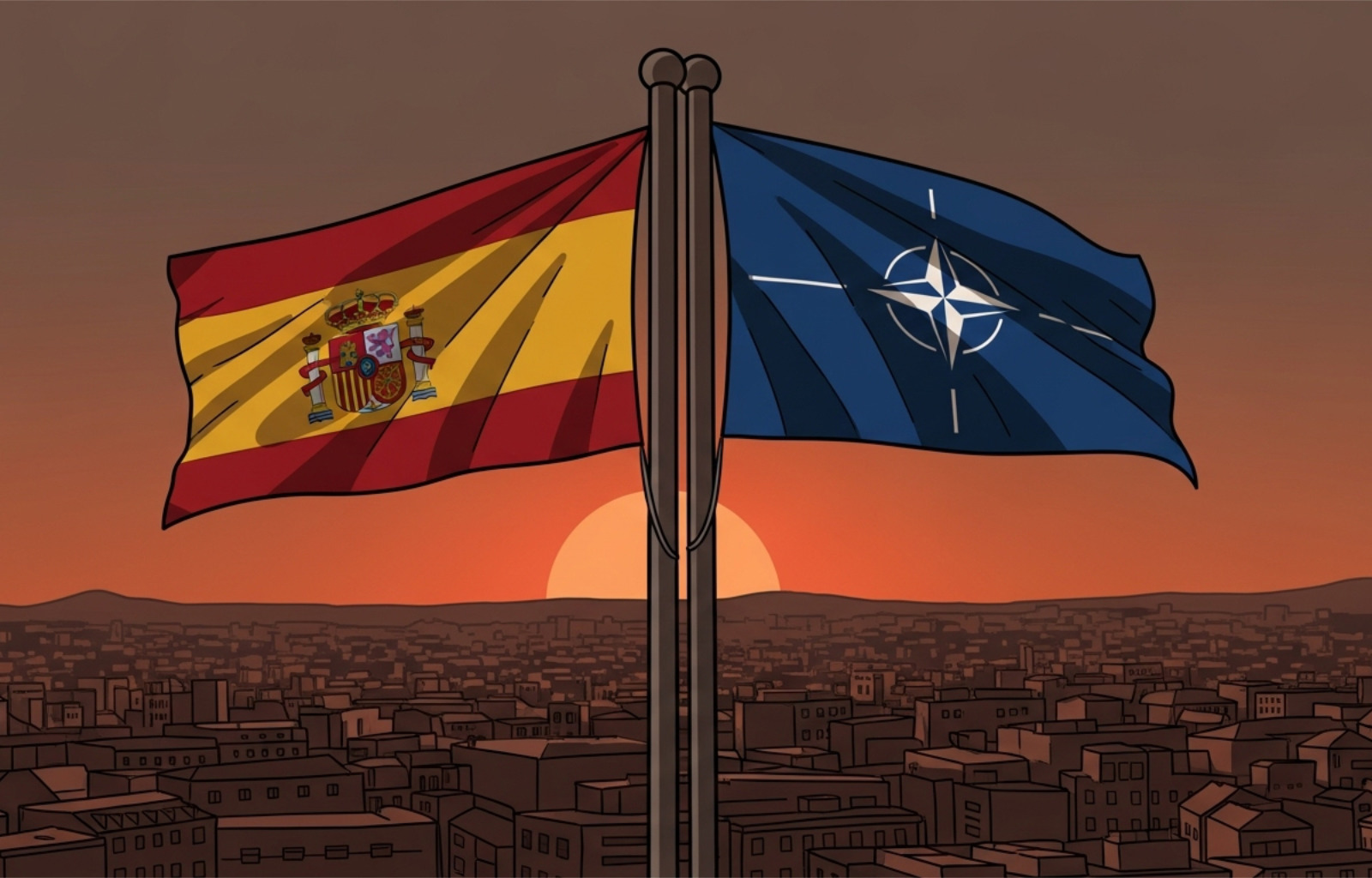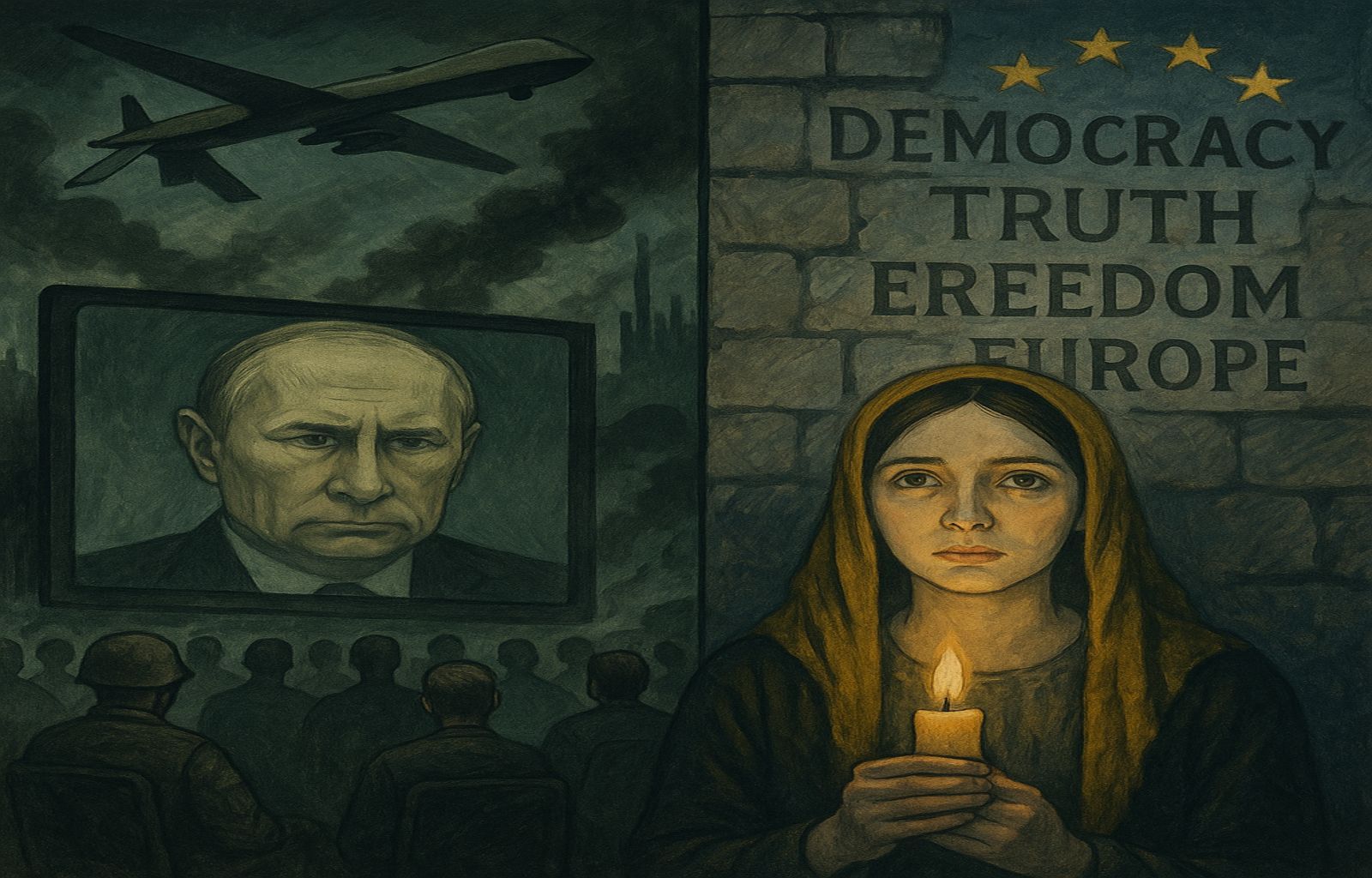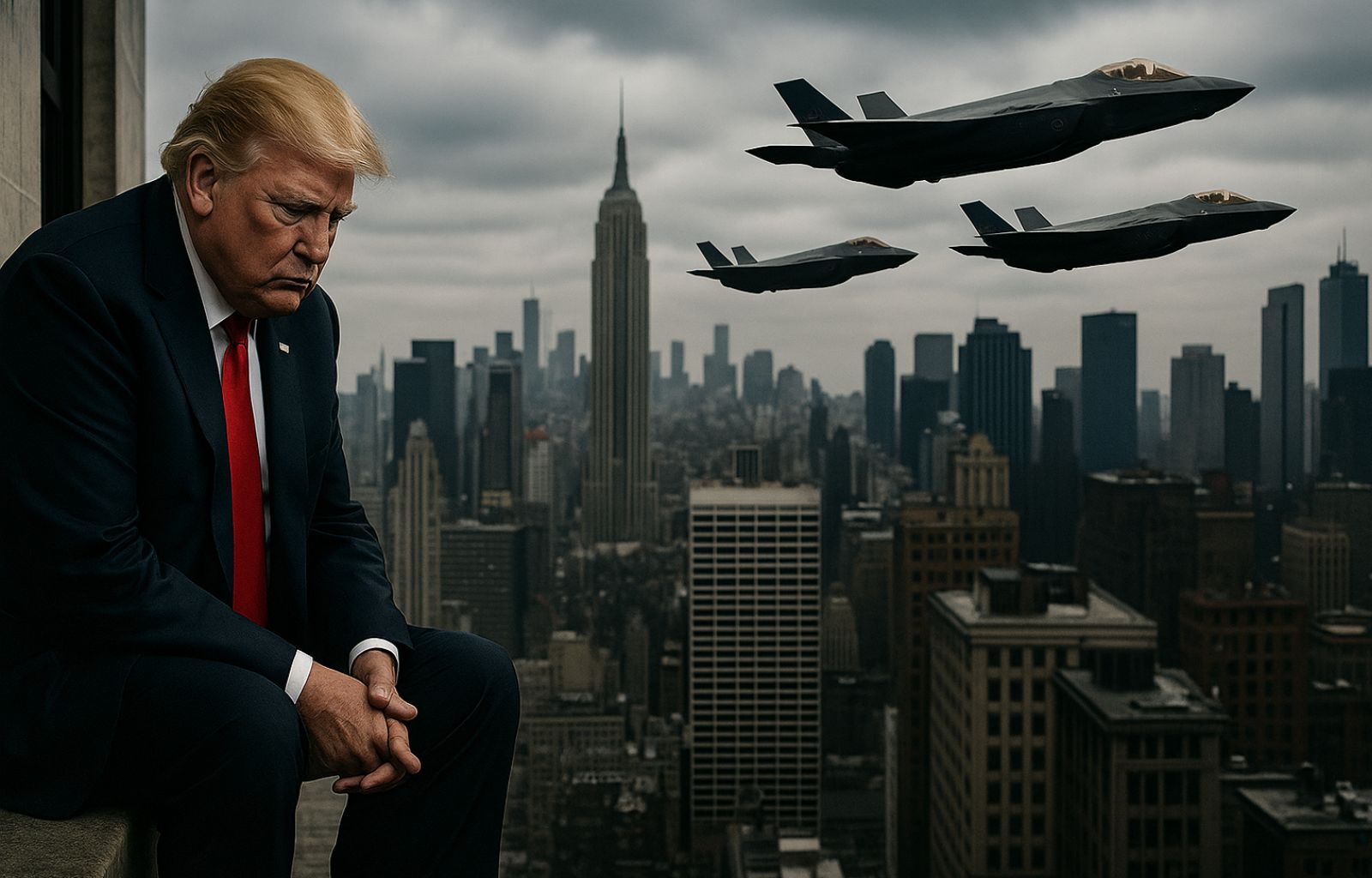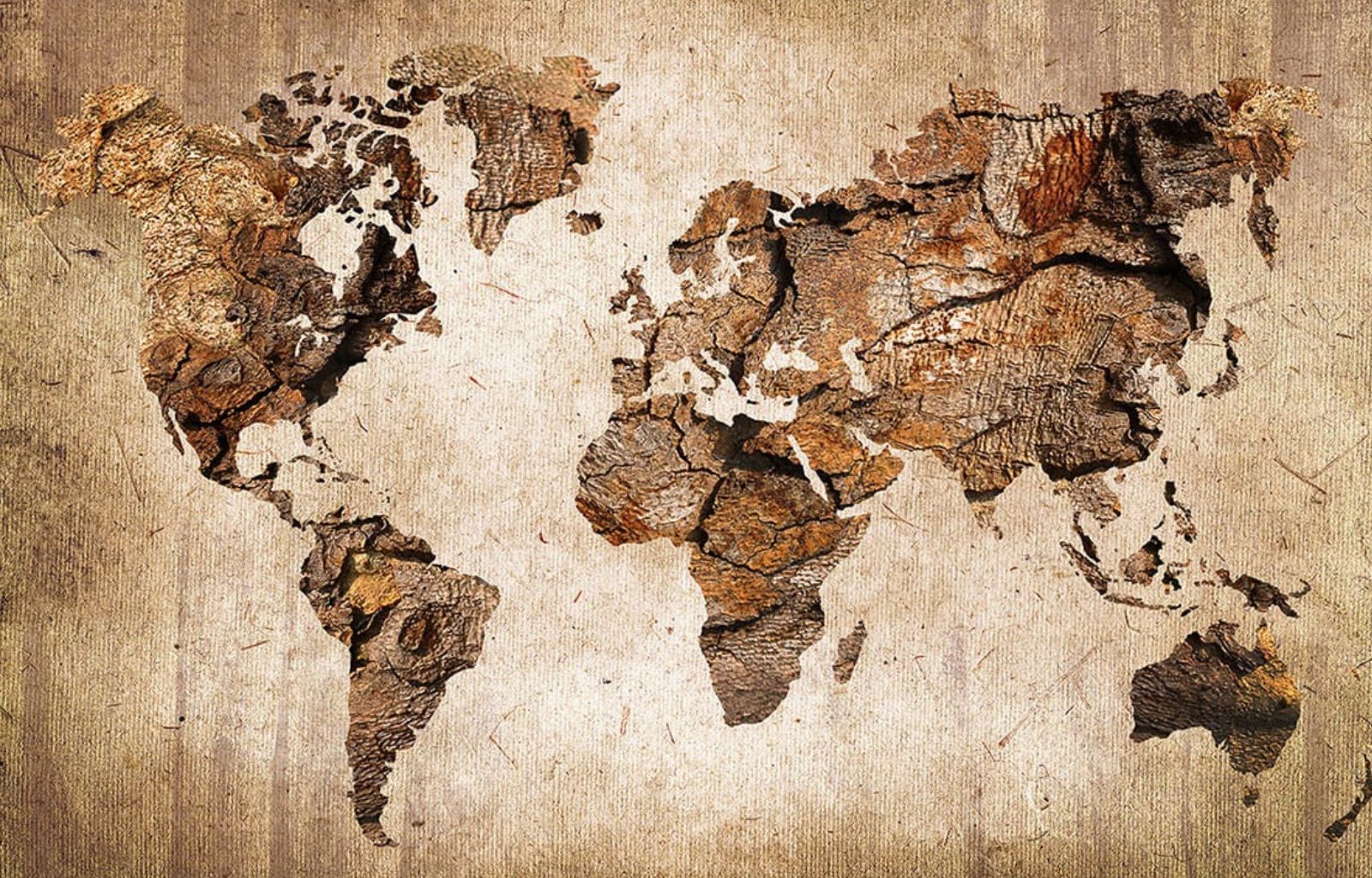Azamat’s story explains why Cecilia Sala “couldn’t just stay at home.”
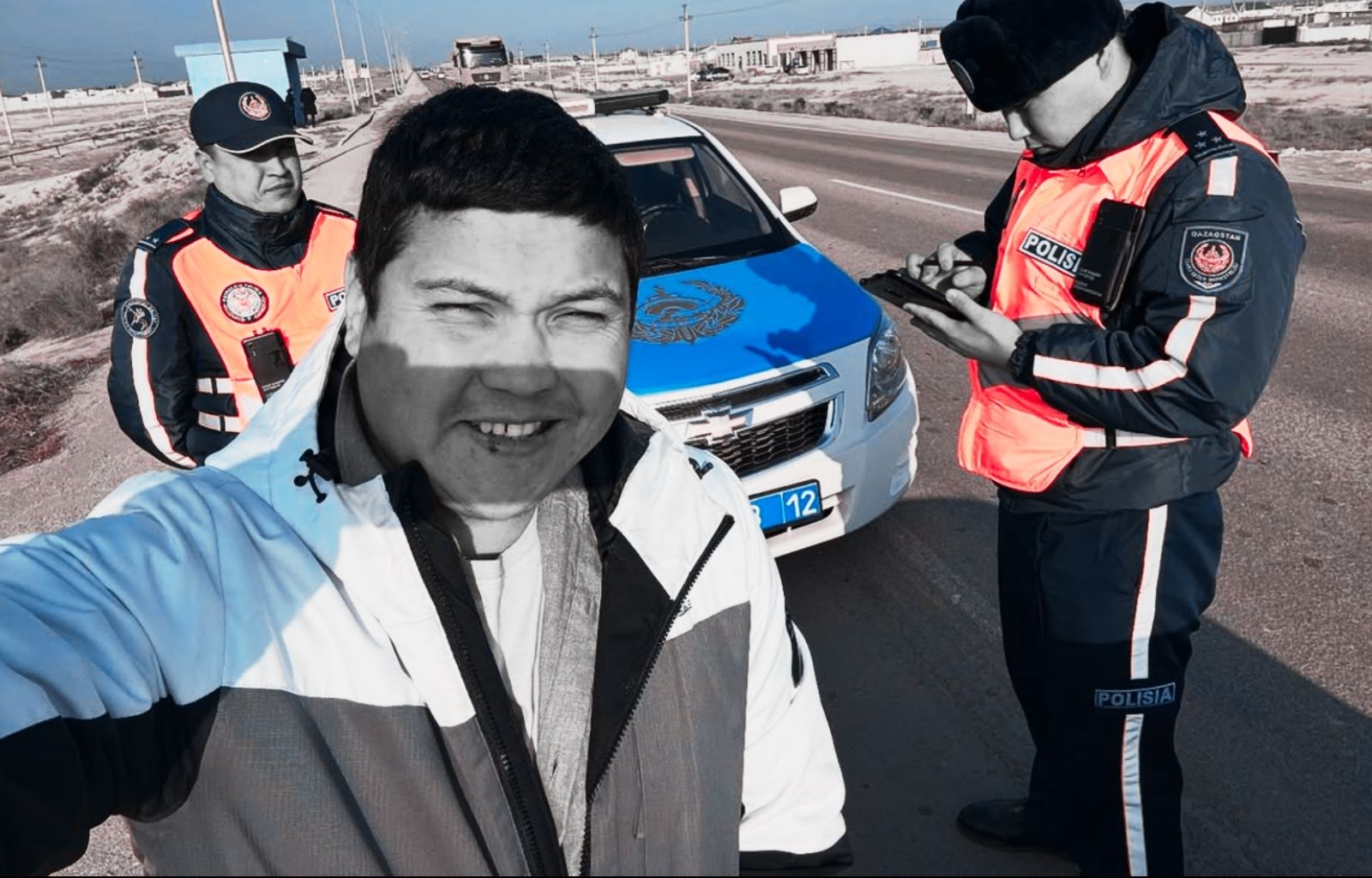
The plane crash near Aktau, Kazakhstan, would never have come to light in its shocking truth without the courage and promptness of Azamat Sarsenbayev. A blogger and bricklayer, Azamat certainly doesn’t make a living from his videos: in Aktau, a city of 180,000 inhabitants on the Caspian Sea, documenting flocks of birds or construction sites is not enough to make ends meet. But the day before yesterday, his sharp eye and determination made all the difference.
An Azeri civilian plane headed to Grozny, Chechnya, was struck by a missile from Russian air defense. The pilot, Igor Kshnyakin, a veteran with nearly 15,000 flight hours, immediately grasped the gravity of the situation and contacted Russian air traffic controllers, desperately requesting an emergency landing. The response was deafening silence, followed by categorical refusals: no Russian airport would allow the landing.
Together with his co-pilot Alexander Kalyanin, Igor decided to attempt the impossible: reaching the opposite side of the Caspian Sea and landing in Kazakh territory. With a damaged and rapidly descending plane, the task seemed hopeless. To make matters worse, the Russians interfered with the plane’s GPS, leaving it blind and without guidance. But Igor, driven by the will to save the 67 passengers on board, believed in a Christmas miracle. He managed to bring the plane to its destination, attempting a landing that saved 29 passengers but, unfortunately, cost him his life and that of 38 others.
The crucial role of Azamat Sarsenbayev
Amid the wreckage, however, a portion of the fuselage remained intact, with the missile-induced tears still clearly visible. This is where Azamat stepped in. Living just a few hundred meters from the crash site, Azamat arrived before Kazakh authorities, who likely would have rushed to cover up the traces and protect the interests of their allies (or rather, masters) in Russia. Using his drone and phone, Azamat captured images of the fuselage tears and shared everything on his Instagram channel, tagging major Western media outlets.
These images immediately went viral, exposing the truth about the downing of the Azeri flight. It was thanks to this irrefutable evidence that Vladimir Putin, faced with the undeniable facts, was forced to apologize for the incident. But—as often happens—the apologies were limited to the military error. Not a word was said about the real crime: the deliberate refusal to allow an emergency landing in Russian territory, condemning the passengers to a desperate flight over the Caspian.

And Azamat Sarsenbayev? Despite his contribution to uncovering the truth, he was arrested by Kazakh authorities and sentenced to 10 days in detention on charges of interfering with rescue operations. “They didn’t charge me with a specific article of violation, they refused to provide me with a lawyer, they forbade me from filming, and the main question is: how did I interfere with the rescue workers? Which legal requirements did I violate? And what were the legal requirements from the law enforcement officers?” the blogger wondered. A light sentence? No, a clear act of intimidation in an authoritarian regime, where freedom of expression is a dangerous luxury. It is essential that Azamat Sarsenbayev becomes the focus of global attention, as his life is now in danger.
Azamat Sarsenbayev and Cecilia Sala: Two examples of the world’s sentinels
This episode is a reminder of the importance of free press, freedom of expression, and the role of “sentinels.” These are people with an innate vocation to follow the events of the world and report them as they are, even in the most difficult and dangerous contexts, even in places where prudence would suggest not venturing. Without Azamat Sarsenbayev, the world would have ignored the Aktau tragedy, and Russia would have succeeded in covering up its responsibility for yet another massacre of civilians (see Daria Kryukova’s article for insights into the “Putin method”). Azamat Sarsenbayev represents a remote yet precious bastion of freedom. Could he have stayed home? Surely someone in Kazakhstan has said, written, or thought so. Similarly, it’s the kind of question that some observers have raised about the Italian journalist Cecilia Sala, currently detained in Iran. What is the point of her podcasts from Iran? Why did she go there? Azamat and Cecilia are two of the world’s sentinels, among the many we need to protect the truth and, with it, freedom—always more at risk in an era where the grip of authoritarianism is becoming increasingly suffocating.

